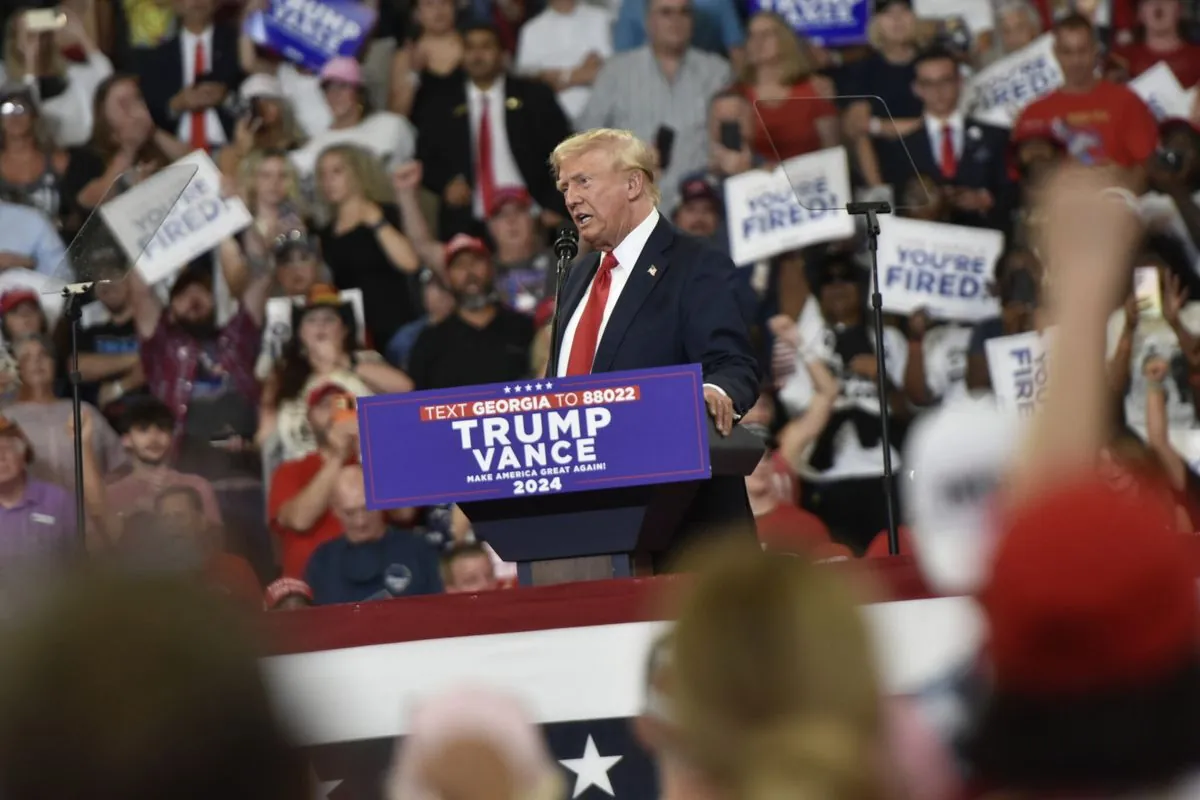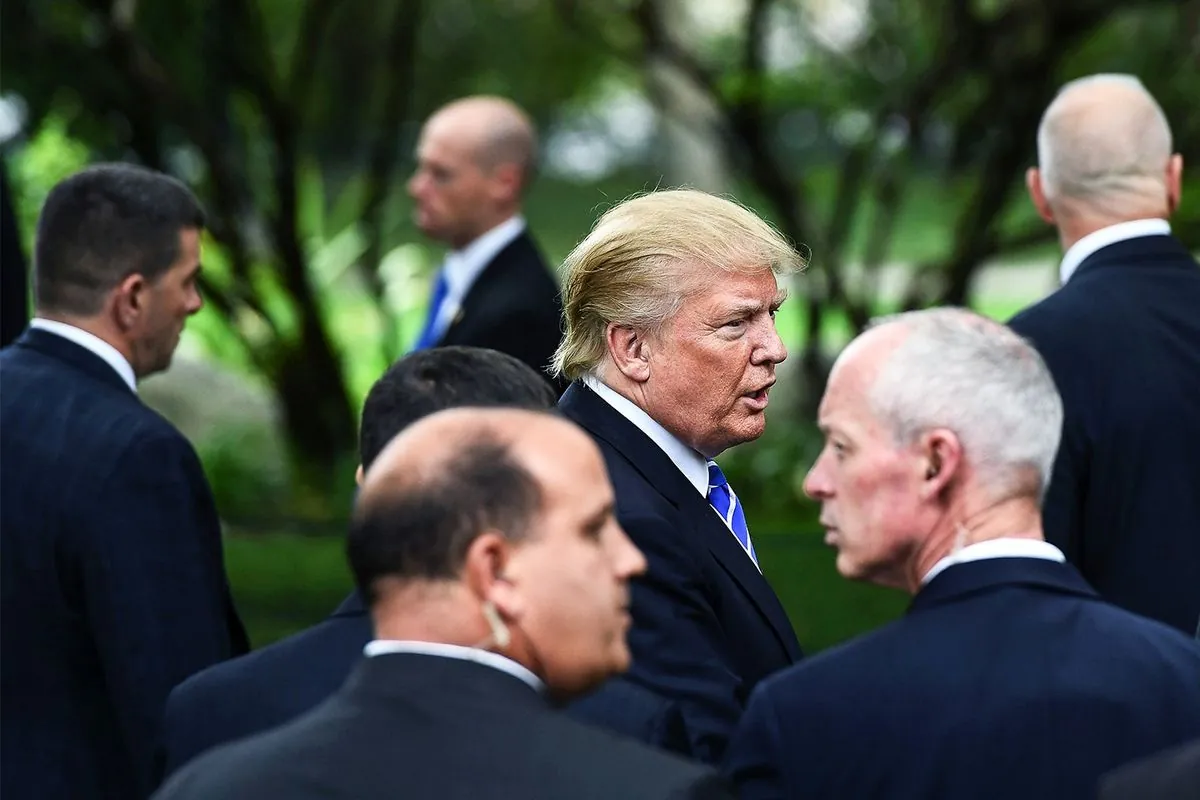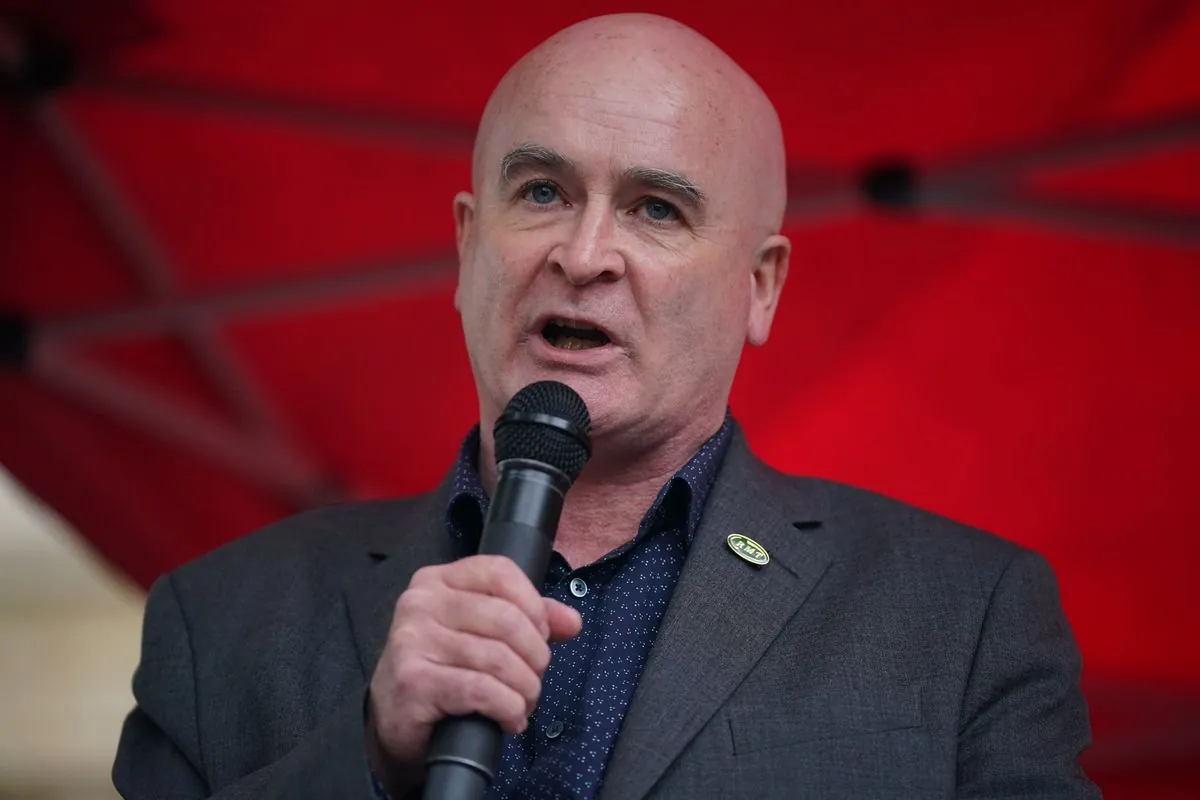Trump Vows to Reclaim Jobs from Global Rivals in Bold Economic Plan
Former President Trump outlines aggressive trade policy to bring jobs back to the US, proposing tariffs and tax cuts. He criticizes rival Kamala Harris's economic approach, promising a manufacturing boom.

In a recent address in Savannah, Georgia, Donald Trump, the former US president and current Republican presidential candidate, unveiled an ambitious economic strategy aimed at reclaiming jobs from international competitors. This plan, presented on September 25, 2024, marks a significant shift in his approach to global trade and domestic manufacturing.
Trump's proposal centers on leveraging America's economic influence to entice businesses back to US soil. He stated, "We're going to bring thousands and thousands of businesses and trillions of dollars in wealth back to the USA." This strategy includes imposing substantial tariffs on companies that refuse to relocate their operations to the United States, while simultaneously offering attractive tax incentives for those that do.
A key component of Trump's plan is a proposed reduction in the corporate tax rate from 21% to 15% for businesses that move their operations to the US. This move harks back to his previous tax reform in 2017, which saw the corporate tax rate slashed from 35% to 21% under the Tax Cuts and Jobs Act.

The former president's economic vision extends beyond tax cuts. He outlined plans to expand research and development tax credits, allow full expensing for new manufacturing investments, and permit 100% write-offs for heavy machinery costs in the first year. These measures aim to stimulate what Trump calls a "manufacturing boom" in the United States.
Trump specifically targeted industries in countries like Britain, Germany, and China. He expressed a desire to see German car companies become American car companies and to surpass China in electronics production. This aggressive stance reflects the ongoing tensions in US-China trade relations, which intensified during Trump's previous term with the start of the trade war in 2018.
"Not only will we stop our businesses leaving for foreign lands but under my leadership we're going to take other countries' jobs."
In his speech, Trump also took aim at his political rival, Kamala Harris, labeling her economic policies as potentially disastrous. He claimed her approach would lead to a "1929-style depression," referencing the Great Depression that began with the stock market crash of 1929 and lasted until the late 1930s.
Trump's economic plan, while ambitious, has raised questions among some Republicans who express concern about the feasibility of his tax promises. The proposed measures, including eliminating or cutting taxes on tips, social security benefits, and overtime pay, would come at a significant cost to the federal budget.
As the 2024 presidential race heats up, Trump's economic strategy stands in stark contrast to that of Kamala Harris, who proposes raising the corporate tax rate to 28%. This divergence in economic approaches is likely to be a central theme in the upcoming election debates.
The former president's focus on manufacturing and job repatriation aligns with his previous "America First" policies. However, the global economic landscape has evolved since his last term, with the implementation of the United States-Mexico-Canada Agreement (USMCA) in 2020 replacing NAFTA, and China's continued economic growth as the world's second-largest economy by nominal GDP.
As the campaign progresses, economists and policy experts will undoubtedly scrutinize the potential impacts of Trump's proposed measures on international trade relations, domestic job markets, and the overall US economy. The outcome of this economic debate could play a crucial role in shaping the future of American economic policy and its position in the global marketplace.


































